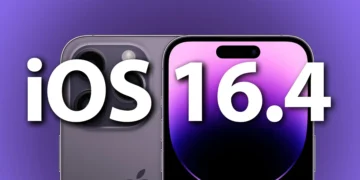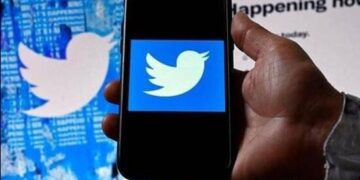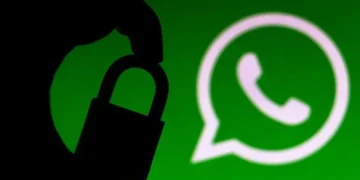You may have often wondered how data stolen by hackers is sold online, and how much it eventually costs. There is a marketplace at work for it on the dark web, an underbelly of the internet where anonymity rules and access remain largely untraceable. Data privacy and cybersecurity research firm Privacy Affairs has released the latest Dark Web Price Index 2021. It shows how the average cost of stolen personal information has fluctuated year on year. There is a price tag attached to everything, including your stolen credit card details, digital payment accounts, cryptocurrency wallets, social media accounts, streaming services, forged passports, and potent malware.
Financial details and payment tools remain popular. These include credit cards, digital payment services, and cryptocurrency accounts. The latter, in particular, has gained popularity over the past year or so. Cloned credit cards fetch hackers around $25 ( ₹1,883) per card. Within this bucket, some hold a premium. A Mastercard or Visa card with PIN access costs $25 each and that of American Express $35. Credit cards with an account balance of up to $1000 fetch as much as $150. Those with a balance of up to $5000 can get $240 on the dark web.
“Notable corporations and organizations like NASA, McDonald’s, Microsoft, T-Mobile, Lockheed Martin, even cybersecurity companies FireEye and SolarWinds have all been victims to serious breaches in 2020 alone,” says security researcher Zachary Ignoffo in the report.
The researchers at Privacy Affairs compared the dark web market prices of these stolen details with those of last year. There has been an increase across the board. The most has been a $55 price hike for stolen online banking logins with a minimum of $2000 in the account. The price now is $120 each, compared with $65 last year.
Within the credit card category, prices vary according to the country the card has been issued in. A hacked global credit will fetch $35 while that issued in the UK $20. An Israeli credit card will fetch $65. Stolen PayPal accounts fetch between $14 and $340, depending on the balance.
Cryptocurrency accounts have a premium attached to them. A hacked Coinbase verified account fetches around $610. The values attached with Kraken verified ($810), Cex.io verified ($710) and Crypto.com verified ($300) are significantly higher. The crypto accounts were not valued last year and have been for the first time included in the Dark Web Price Index.
Social media accounts fetch a significant amount of money on the dark web. A hacked Facebook account fetches $65 while that of Instagram $45 and Twitter $35. A Gmail account linked to all Google services and the attached payment methods as well fetches $80 each.
There has been a slight reduction in the prices of hacked social media accounts, compared with last year. A Facebook account, for instance, is fetching $10 lesser now. The same is true about online subscriptions. Netflix (a 1-year subscription) costs $44 while that of Adobe Creative Cloud $160. eBay, as a shopping platform, may not be very popular in India, but an account on the website with a good reputation is fetching as much as $1000 each.
Certain malware products are fetching higher prices compared with 2020. Malware for Android devices now fetches $900 per 1,000 installs, compared to $300 last year. Premium malware across a variety of computing including Windows computers, and smart devices now costs $5000. “For every 1,000 installs, hackers stand to steal tens of thousands of dollars,” says Ignoffo.
The popular methods for sneaking in malware on systems continue to be fake online casino popups, social media networks, and websites that promise free software downloads























